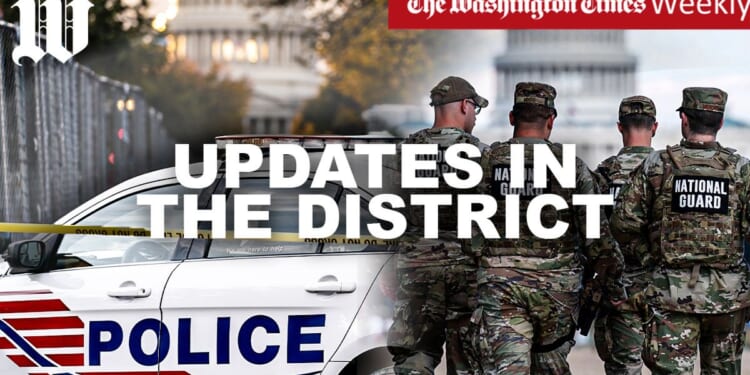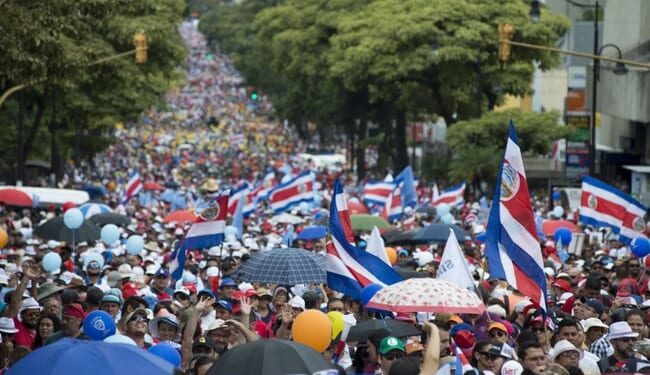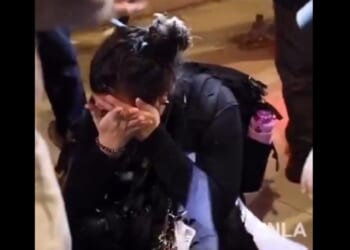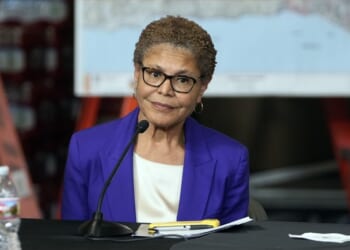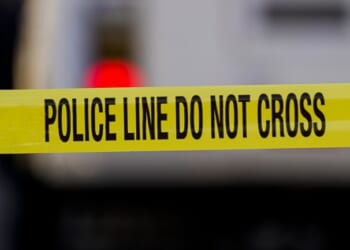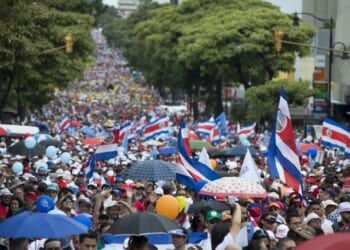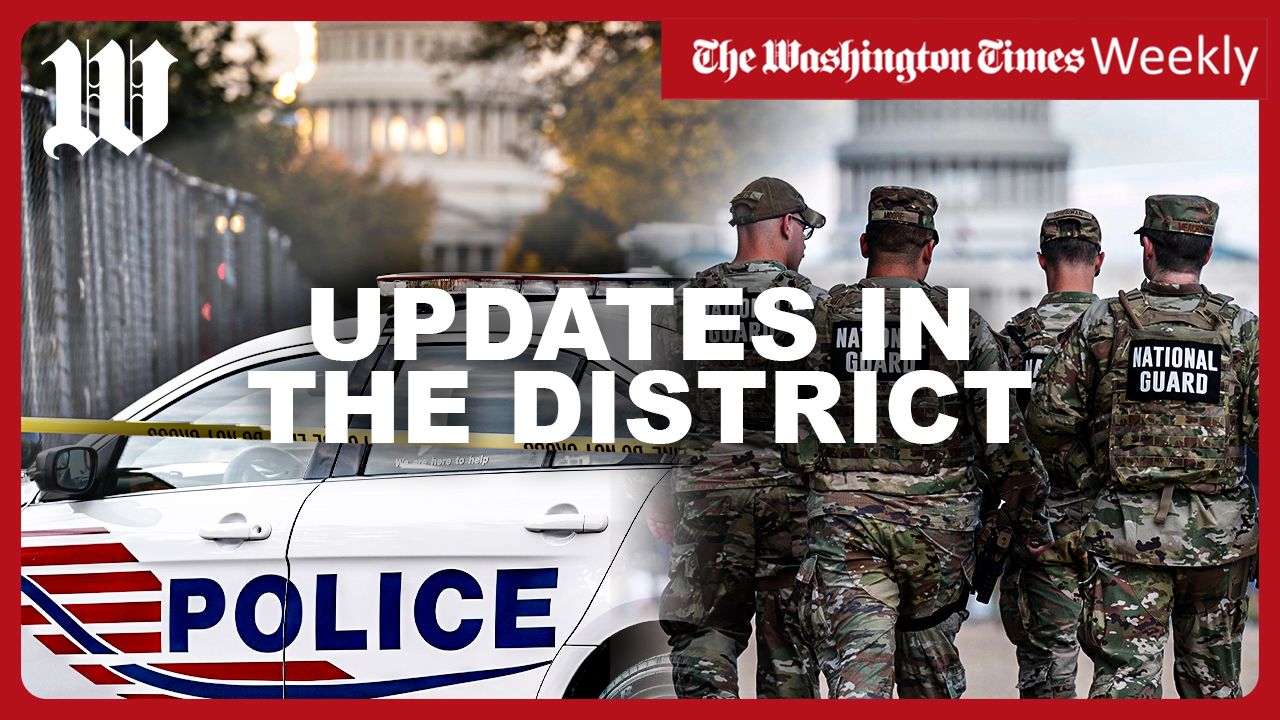
Hi, I’m George Gerbo, and welcome to Washington Times Weekly, where we get a chance to sit down with our reporters and delve into their coverage of the latest news and events.
[GERBO] Let’s dive in with some goings-on here in the District, specifically the National Guard, which has been a presence in D.C. dating back to the summer. It was expected that their tour would end here in Washington near the end of November, and now the 2,400 or so troops have just been extended through the end of February. The reasoning behind this, Matt, is what?
[DELANEY] Well, the reasoning is… we don’t know exactly. What we think it is, is the same crime-fighting mission they were sent to the District for. Of course, as many people who live here in the city know, there wasn’t a lot of crime fighting going on from the National Guard troops. They were either in Georgetown, milling about, at Union Station, on the National Mall, guarding the monuments, not necessarily the crime hotspots in the District. So they’re here. They’re going to maintain their presence, their uniform. Some of them are armed. I’m not totally sure about the level of equipment, military equipment, vehicle-wise, that they still have in the city. But they’re going to be here through the end of February. And reminding our viewers, too, is that they were extended to the end of November to help justify giving them full benefits. You know, that was kind of the argument. So they get full housing, stipend, and health care benefits for their mission. Because a lot of them are leaving behind pretty high-paying desk jobs to come work here. Now, here they are in the District kind of just, you know, standing guard, so to speak.
[GERBO] Yeah, I’ve had people ask me about it. From being in town, from what you’ve seen, there’s a perception nationally that the initial surge of additional law enforcement, so additional police, whether that was FBI folks, ICE, DHS-related folks, the people that helped out MPD, Metropolitan Police Department here in Washington, they — my opinion — were doing a lot of the action and activities. Not to put down the National Guard, but as you said, like every time people get, “oh, my God,” I didn’t see the National Guard or hear about them. And as you’ve reported, no reports of the National Guard taking down suspects and doing that. That was a lot of the additional law enforcement in terms of DHS, in terms of the Department of Justice, and the additional help that MPD got to help with that crime spike and suppress that specifically over the summer months here in Washington.
[DELANEY] Yeah. You know, the National Guard, I mean, my personal opinion, I think the opinion of a lot of Washingtonians is that they’re a symbolic representation of President Trump’s authority in the district. He pretty much has the right to do whatever he wants because it is the federal city. So, you know, this is his YOLO presidency, so to speak. He’s not coming back despite what people think about 2028. And he’s going to play with all the toys before he leaves the White House one final time.
[GERBO] And as you’ve reported recently, as we get into the heart of the fall here, a slight uptick in some crime incidents across the District and not necessarily confined to east of the Anacostia River. Some incidents in Northwest and Northeast, potentially related to what Muriel Bowser wants to do, what she believes may help, to curb some of these instances is a juvenile curfew zone that would keep younger Washingtonians and others out of certain areas of the District at certain times. A viable proposal? Will it make any difference?
[DELANEY] They seem to think so. Let’s give them credit for whatever they think about it right now. And there’s a hearing going on as we speak on the Council’s Committee on Judiciary and Public Safety, debating the worth of juvenile curfew zones. Now, it’s important to point out there were 12 people shot over the weekend. I believe about 11 of them were between Friday night and early Saturday morning, including a mass shooting on Howard University’s campus, where five people were wounded. Unless something’s changed in the past day, nobody’s been arrested. So we don’t know if these are juveniles carrying out these crimes or anything. So the curfew zones and their value, their efficacy, let’s put it that way, it’s still undetermined.
The city leaders seem to think it’s been effective. So they’re going to push for it because, when things happen, they have to act. We understand that. They have to do something. They have to seem like they are doing something about it. So the curfew zones are an easily accessible tool for city leaders to point to and say “Hey we’re making an effort” to prevent things like 12 people shot within basically 8 hours from happening again.
Watch the video to see the full conversation.

